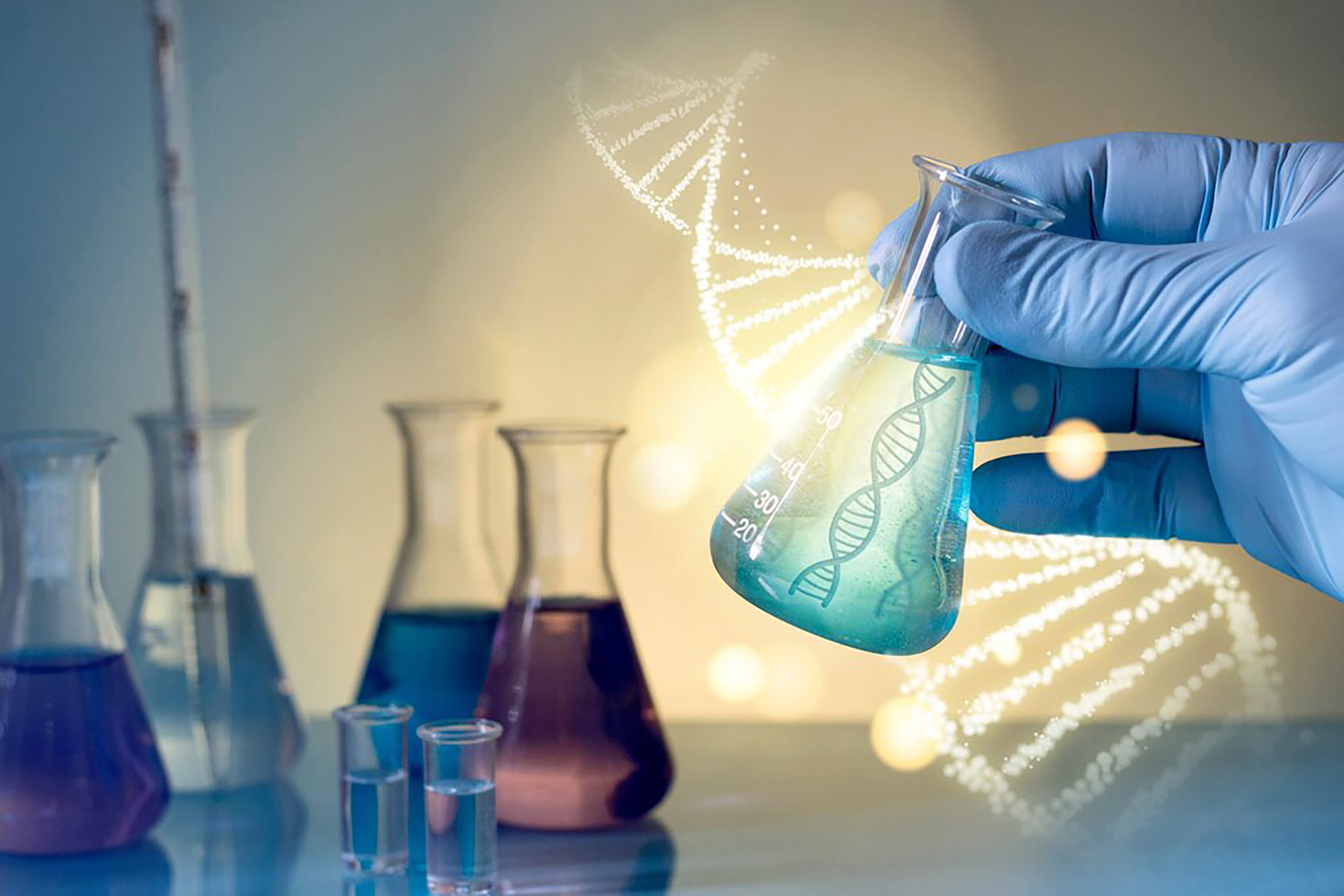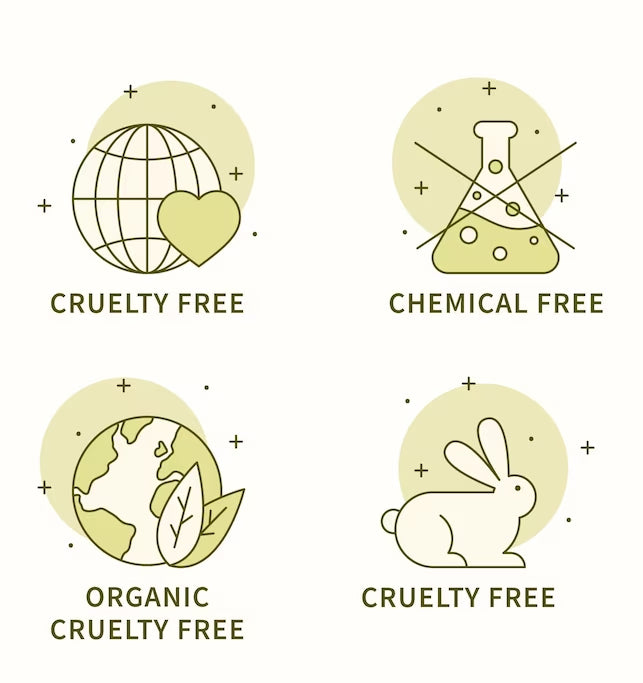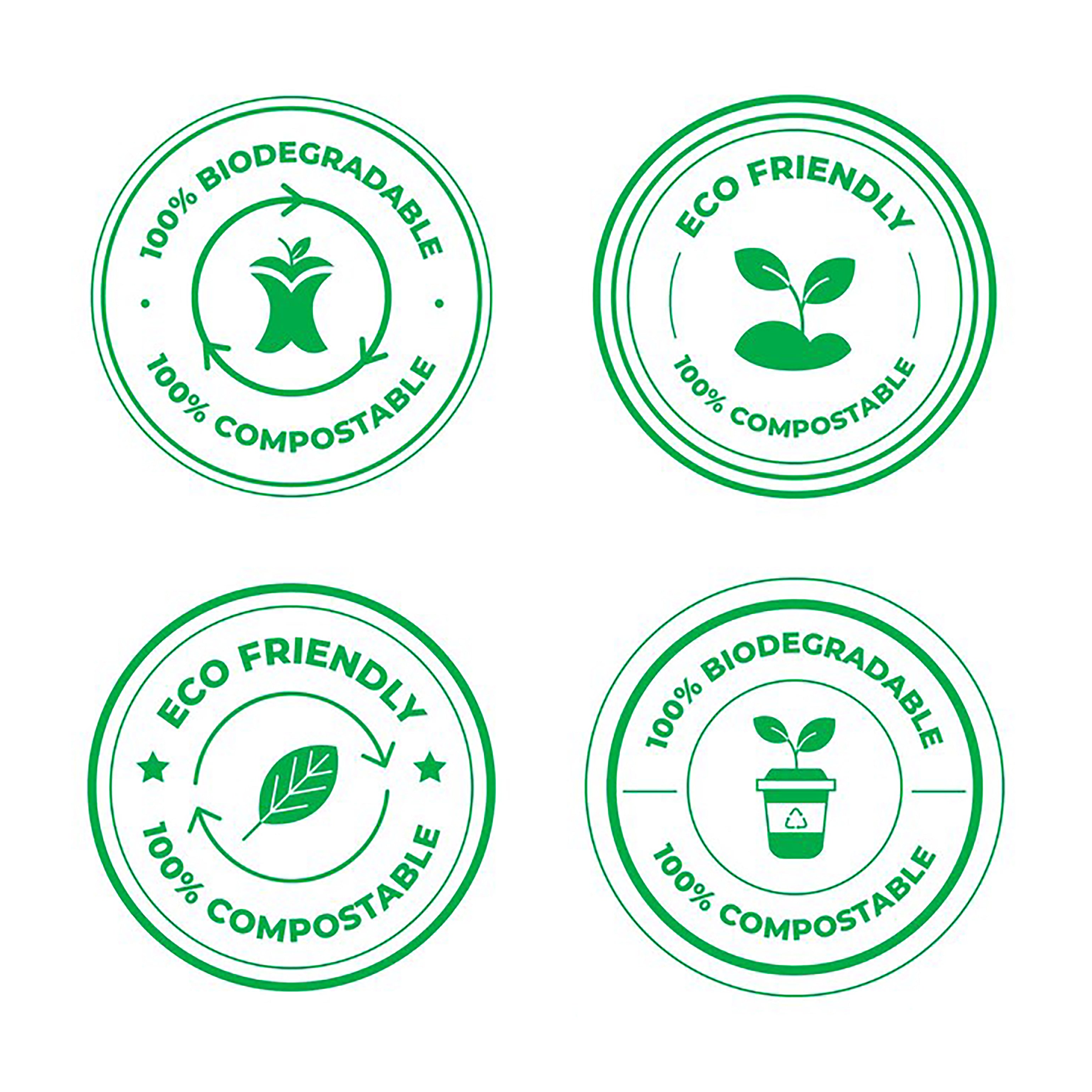
Beyond the Label: Understanding Your Body Care Products from the Inside Out
Sonam SiddiquiHighlights
Introduction
Have you ever stood in your shower cubicle, overwhelmed with the plethora of body care products lurking around in the bathroom, each promising next level of hydration, shine and rejuvenation? We’ve all been there meticulously deciphering a string of formidable ingredient terms on the back of the body care products that sound more like a scientific experiment than a mere body wash! However, fear not my fellow skin-junkies! We are here to demystify the best skincare supplements mentioned on the back peel of the body care products and help you envelope the ambiguity lying between ingredients that are safe or unsafe to use.
As the crusade for chemical-free skincare supplements continues, many chemically-laden ingredients are being questioned by the court of conscious consumers. The rising trend for opting for “free-from” products in their am pm skincare routine has entailed many well-informed consumers to think whether these ingredients are miraculous fixings or potential troublemakers? Come, let’s understand what goes beyond the label to get a deeper understanding of chemical alternatives like silicone, polymers and SLS that hold a persistent position in many simple skincare routines.

Understanding Common Ingredients in Body Care Products
SLS (Sodium Lauryl Sulfate) free products : The Foaming Agent
It’s quite hard to resist a tantalising foaming party that gives you a squeaky-clean feeling after a pleasant shower. However, have you ever wondered what gives those body care products that luxurious lather or foam and that these suds can actually be duds for your skin? Thanks to SLS, a.k.a Sodium Lauryl Sulphate, classified as a surfactant or emulsifier is used profusely in many body care products, laundry detergents and cleansing components.
There is a lot of mayhem lurking around this chemical lathering agent that has raised a lot of questions about its safety and effectiveness. Let’s get to the bottom of this and understand how it is harmful to your skin and the environment and why everyone is opting for SLS-free products.

While SLS is quite impressive for removing all the dirt and impurities from your body, one cannot forget the fact that our skin isn’t an impenetrable fortress as we like to believe, it does not allow any toxins or chemicals to infiltrate our skin.
SLS is a common chemical cleansing agent found in a myriad of body care products and personal care products that is most often used as an emulsifier and surfactant. As an emulsifier it stabilises the thickness of the product for smoother application. While as a surfactant it eases the process of mixing oil and water, together giving it a formidable impression of cleansing power.
Many might assume that since SLS is effective at cleansing your body by removing all the dirt and impurities, well in reality, it is actually drying up your skin and body by stripping off all the natural oils, infiltrating the skin with toxins, disrupting the skin’s natural barriers and dwindling the pH balance.
The production process of SLS is also quite catastrophic for the environment, as it is highly polluting, emitting potential carcinogens, toxic compounds in the air that can be extremely harmful for your skin.
Thankfully, there are gentler alternatives available for those who prefer a milder cleansing experience and chemical-free skincare products for dry skin. Look for products labelled "sulphate-free" or SLS-free products which might contain ingredients like Sodium Coco-Sulfate (SCS) or betaine. These alternatives can cleanse effectively without stripping off your skin’s natural oils and leaving it feeling dry and itchy. Also, opt for Best body care brands: Explore SLS & Silicone-Free Body Care Kit that will leave your skin feeling refreshed, radiant and rejuvenated.
Polymers - Thickeners with a Trade-Off in Personal Care Products
Polymers are long, chain-like molecules that play a variety of roles in bodycare. These synthetic ingredients are used in body care products as thickening agents that give it that smooth-buttery-like consistency. Additionally, they also form a thin film on the hair that aids in detangling and gives that extra shine.
However, these thickeners come with their own share of downsides as well. Synthetic polymers can weigh down the quality of your hair rendering it lose its volume while limping your hair. Similarly, due to its thin film-forming properties on the skin it disrupts the skin’s natural barrier and traps dirt, impurities and other bacteria resulting in clogged pores and breakouts.
Thankfully, nature offers some gentle alternatives and silicone free body lotion and other body care products. Seaweed extract and xanthan gum, for example, are naturally derived thickeners that can provide similar benefits without the potential drawbacks of synthetic polymers.
Silicones - The Smoothing Enigma in Personal Care Products
As a clean skincare advocate, it is imperative that we constantly keep checking the standard safety measures of the products in use. In this dynamic skincare universe, skincare ingredients that were once considered standard are now being questioned adhering to various regulations.
Considering our former chemically derived skincare supplements: sulphate, which was earlier popular for its foaming properties, has now been tagged as harmful that could potentially lead to carcinogenic concerns and is extremely harmful to the environment as well. This dubiety has entailed beauty brands to slap their body care products with the “sulphate-free” stickers. Similarly, many preservatives like phytates, silicones, parabens, once considered safe, are now deemed as harmful, compelled to face the grim reality of being stunned.
What are silicones and why are they considered unsafe? Silicons are a group of semi-liquid substances that are composed out of silica. Silica is a component of sand yet it does not fall under the “natural” category. This is because silica has to go through a rigorous chemical process to become silicone.

Silicones are well-known for their capacity to impart a smooth, silky texture to the skin and provide a temporary sensation of softness. Consequently, they are widely favoured in shampoos and conditioners for their detangling properties and ability to enhance hair shine. In skincare products, like body lotion for dry skin or moisturiser for oily skin, silicones are extensively utilised in creams and lotions for their softening effects and their ability to form a protective barrier on the skin surface, preventing environmental stressors from penetrating.
However, the occlusive properties could be a bit of a problem as well to the skin. Due to its formidable fencing properties, it traps other comedones like oil, dead skin cells and dirt in the quest of shunning away the external bacteria. This results in clogged pores potentially leading to acne and breakouts. The softening skincare supplements that make the hair feel good can also be problematic. They can build up on hair over time, making it appear dull and weighed down.
The good news is there are natural alternatives that offer similar benefits without the potential drawbacks. Shea butter and coconut oil, and other chemical free products for example, are known for their moisturising and smoothing properties, leaving the skin and hair feeling soft and healthy.
Free-From Movement of Am Pm Skincare Routine: The Need of the Hour
The rise of the “free-from” products in the body care aisle reflects the growing trend for consumer awareness. People are becoming more concerned and aware about the ingredients lurking within their shampoos, conditioners and other personal care products. It is important to be informed about their functionalities as well as the adversaries that could potentially harm their skin. Concerns about chemicals that could disrupt their skin’s equilibrium and increase sensitivity has fueled the demand for gentler alternatives.
Choosing “free-from” am pm skincare products offer various benefits and has certainly weaved the path for various gentler alternatives free of toxins and chemicals. These formulations are designed to be milder to the skin without leading to any more adverse reactions. These chemical free products also strive for eco-friendly behaviour by using natural ingredients and offer biodegradable properties as well.

However, BiE natural products like natural body wash, hydrating body lotion always do not equate to optimum efficacy. Not all ingredients that come along with the “free-from” tag offer equal functionalities in comparison to chemically-derived products. Certain “free-from” products lack essential functionalities and are unable to offer promised results simply because of their natural composition. However, gauging a deep understanding of the ingredients and accompanying them your unique need is crucial. By understanding the ingredients and their potential effects, you can navigate this trend and create a personalised body care routine that works best for you.
Conclusion
In a nutshell, peeling the back of the product empowers you to make informed decisions for the betterment of your skin and body. Always remember, knowledge is power and understanding what ingredients are penetrating the skin, helps you gauge what body care products work for you and which ones can be a “miss”. “A one-size-fits-all approach does not exist in the realm of skincare. Embrace the personalised approach, demystify the harmful ingredients like parabens, SLS-free products, polymers, silicones and many more to reveal a more confident and empowered version, leaving you feeling radiant and beautiful!




